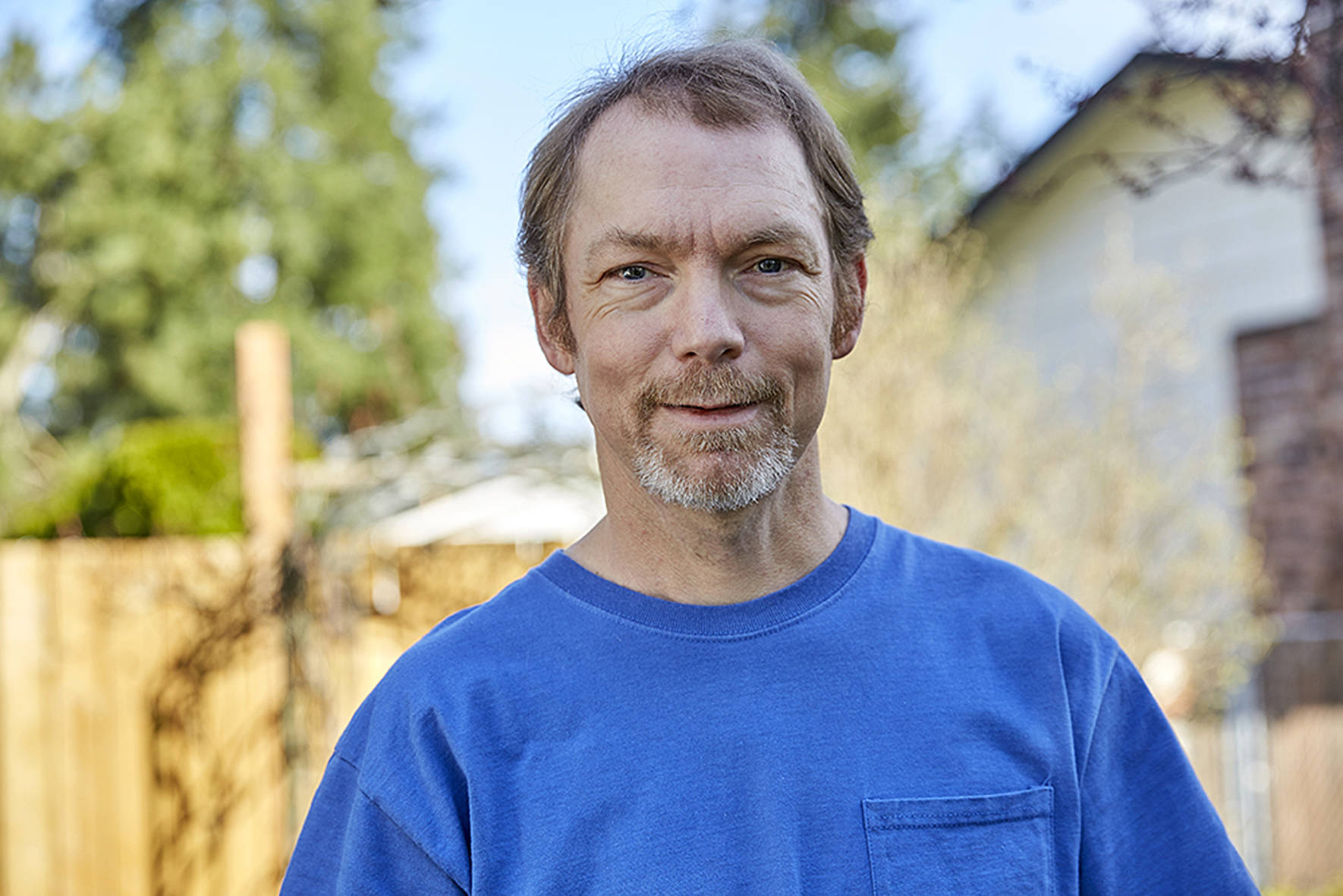Matt Kidd, a Kentwood graduate, had a life like any other child growing up — carefree and enjoyable.
However, once he turned 13 his life changed forever.
“On my 13th birthday I spent it in the hospital becoming a diabetic. I was actually a diabetic at 13,” Kidd said.
It all started when he and his family were taking a road trip and he couldn’t make it from rest stop to rest stop without having to go to the bathroom. When he got home, Kidd went to the doctors for a physical and came out of that appointment diagnosed with child onset diabetes.
Child onset diabetes is when a child’s pancreas produces little to no insulin, according to the Mayo Clinic.
Kidd said the hardest part about having diabetes at 13 was trying to have a good time with his friends and not being able to eat whatever he wanted, along with having to carry around insulin and a needle.
Then things took a terrible turn. He was diagnosed with kidney disease in 1994 or 1995, he said.
“Diabetes is a slow killer. It takes a little bit of you every time your blood sugar is over 150, it starts taking something. It happened so slow, you don’t really notice it until it’s too late,” Kidd explained.
He said you don’t realize how aggressive it is until you start to realize how quickly things can take a turn for the worst when you don’t take the proper amount of insulin.
For example, Kidd said if he eats a granola bar with a normal blood sugar range within a half hour his blood sugar could go through the roof if he did not take his insulin.
To combat this, Kidd said he and his family eat a low-carb, low-sugar diet and focus mostly on protein.
“It gets a lot easier as time goes on. You can kind of look at what you’re eating and figure out how much insulin you’re going to take, but it’s never exact,” he said.
Even when you do everything right, things can go wrong.
Kidd had his first stroke about 13 years ago.
“I was in a coma for three months. They decided to pull the life support. My mom signed the paperwork and they weren’t expecting me to come out of that and then they pulled the life support and I came out of it,” he said. “I’m a person that keeps fighting and I’ve just had multiple instances like that where I should have been dead, but I work very hard at surviving through all of this.”
After his stroke, Kidd said he started dialysis.
According to the National Kidney Foundation, dialysis is a treat that does some of the things done by healthy kidneys that your kidneys can no longer do on their own.
The Kidney Foundation went onto say when your kidneys fail, dialysis keeps your body in balance by:
• Removing waste, salt and extra water to prevent them from building up in the body
• Keeping a safe level of certain chemicals in your blood, such as potassium, sodium and bicarbonate
• Helping to control blood pressure
Kidd has had three strokes in his lifetime now and has had two kidney transplants as well.
He said although his life as been hard, his family is what has kept him going.
“The support of my mother. My mother has been a driving force behind me to keep me healthy, keep me going. It’s definitely family, it’s a family thing. If you didn’t have good family and good social support, you probably would not make this,” he said.
While on dialysis, Kidd said he broke both of his legs and his back in a Harley accident.
“To do that while I was in a wheelchair, there was no end to the pain,” he said.
Aside from his family, another thing that kept Kidd going was Northwest Kidney Center.
He said they were very pleasant and extremely supportive of him and his treatment.
Advice Kidd said he would give to anyone who is struggling with diabetes, kidney disease or anything, would be to just keep your head up and to stay away from pain killers.
He said pain killers take life away from you instead of adding to it.
”I’m just that kind of person who has lived my life and I’ve lived a good life and to survive what I’ve survived and keep coming back from this is where most people just don’t get it,” Kidd said.
March is recognized as National Kidney Month. For more information, visit the National Kidney Foundation’s website at https://www.kidney.org//


